Cats are masters of hiding their stress, but missing the signs can lead to serious health and behavioral issues. Are you overlooking these subtle indicators?
1. Excessive Grooming
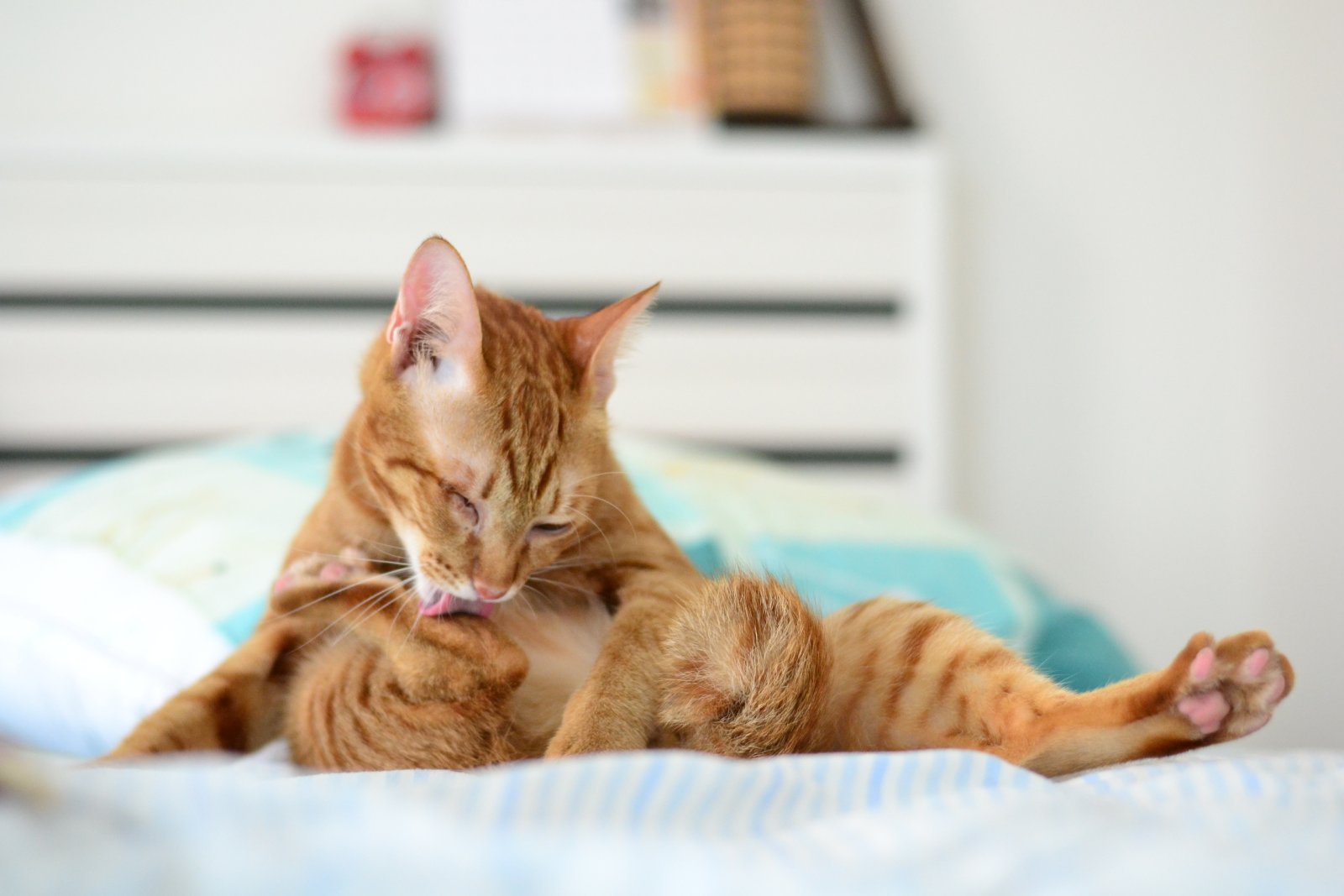
If your cat is grooming more than usual, it could be a sign of stress. Over-grooming often leads to bald patches and irritated skin.
2. Hiding
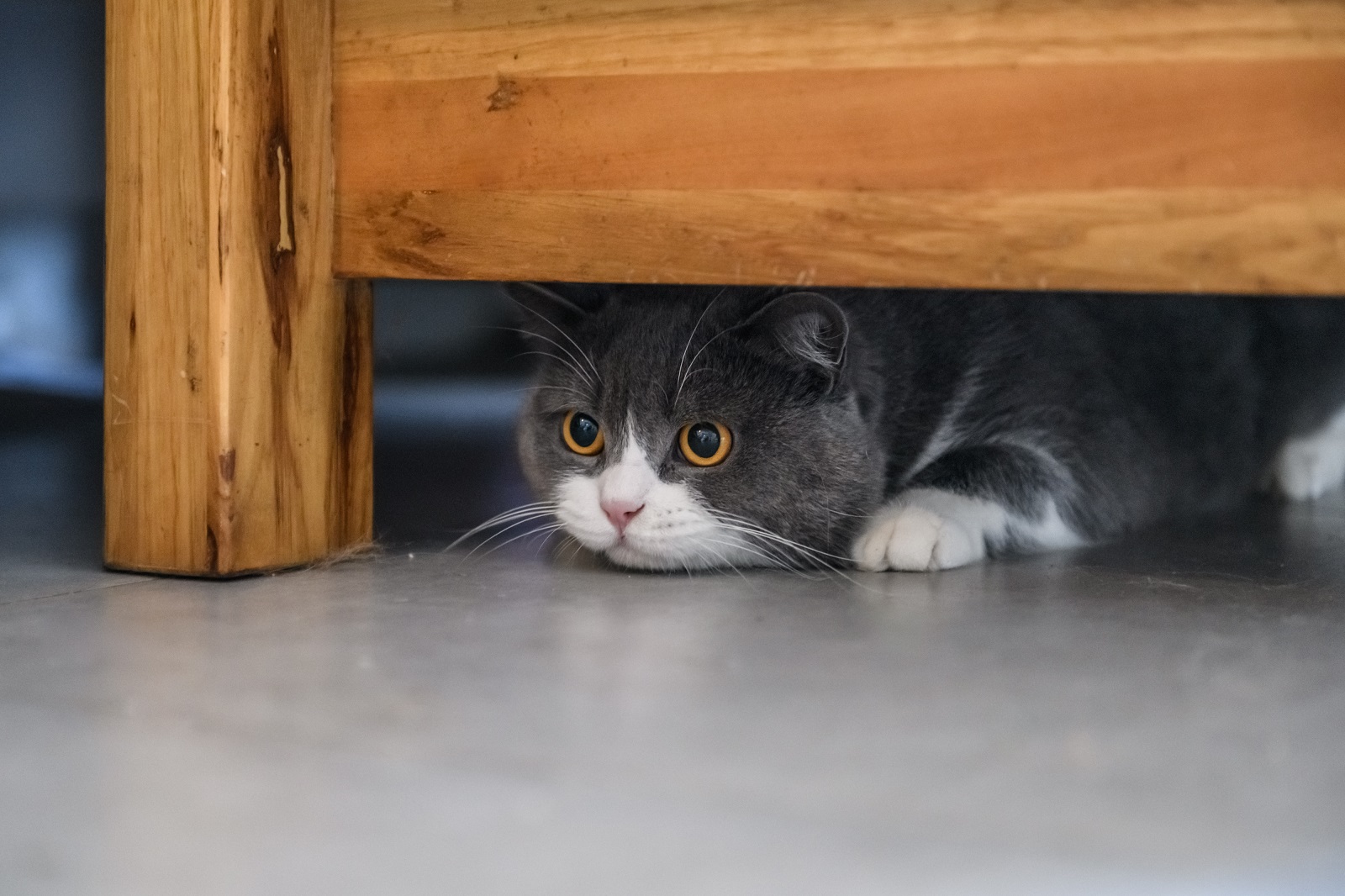
Cats that are stressed tend to hide more frequently. If your usually social cat is spending more time under the bed or in a closet, it’s a red flag.
3. Changes in Appetite
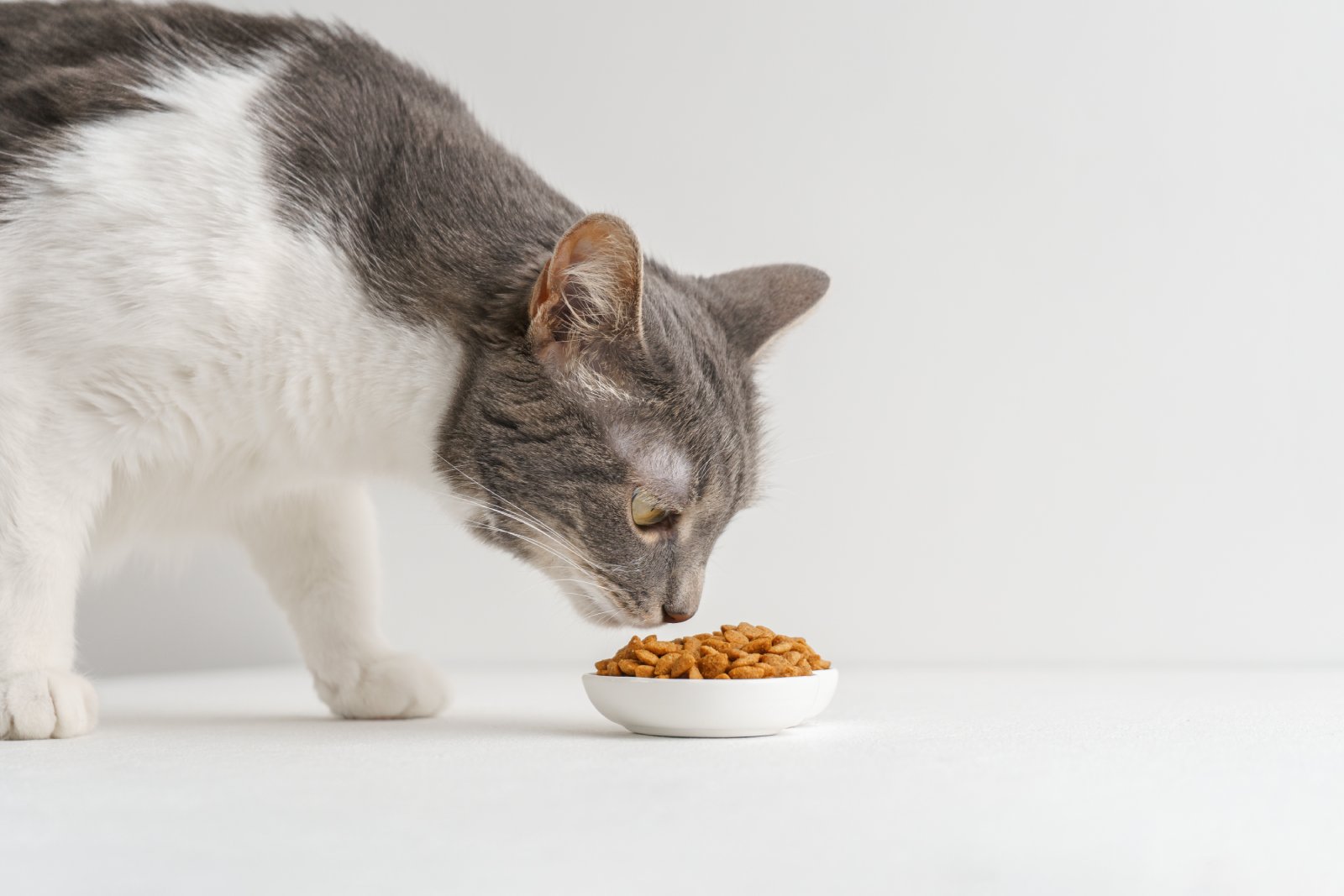
Stress can cause your cat to eat more or less than usual. Noticeable weight loss or gain warrants a closer look at their mental well-being.
4. Aggression
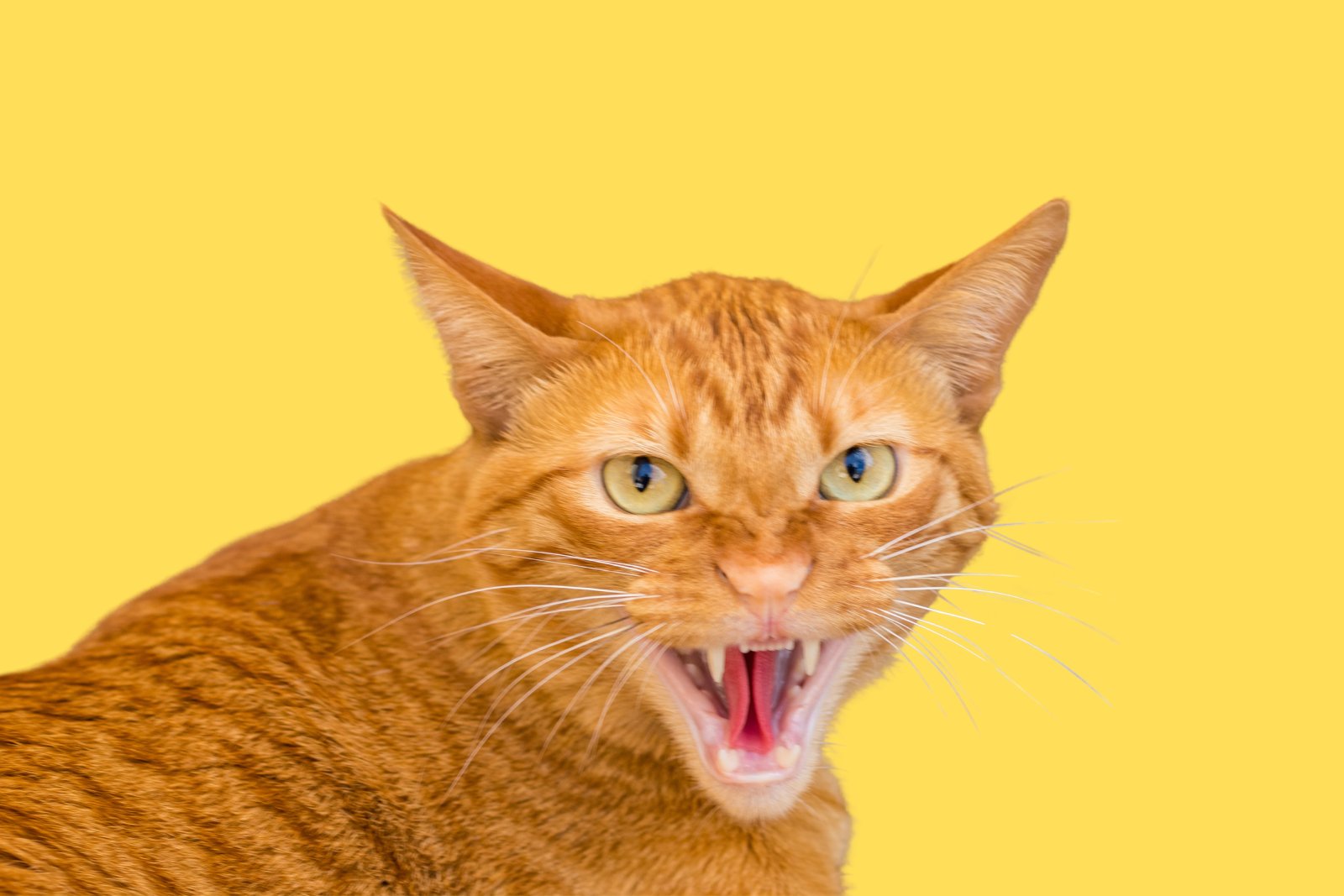
Sudden aggression towards people or other pets can be a sign your cat is feeling overwhelmed. This behavior is often a cry for help.
5. Excessive Vocalization
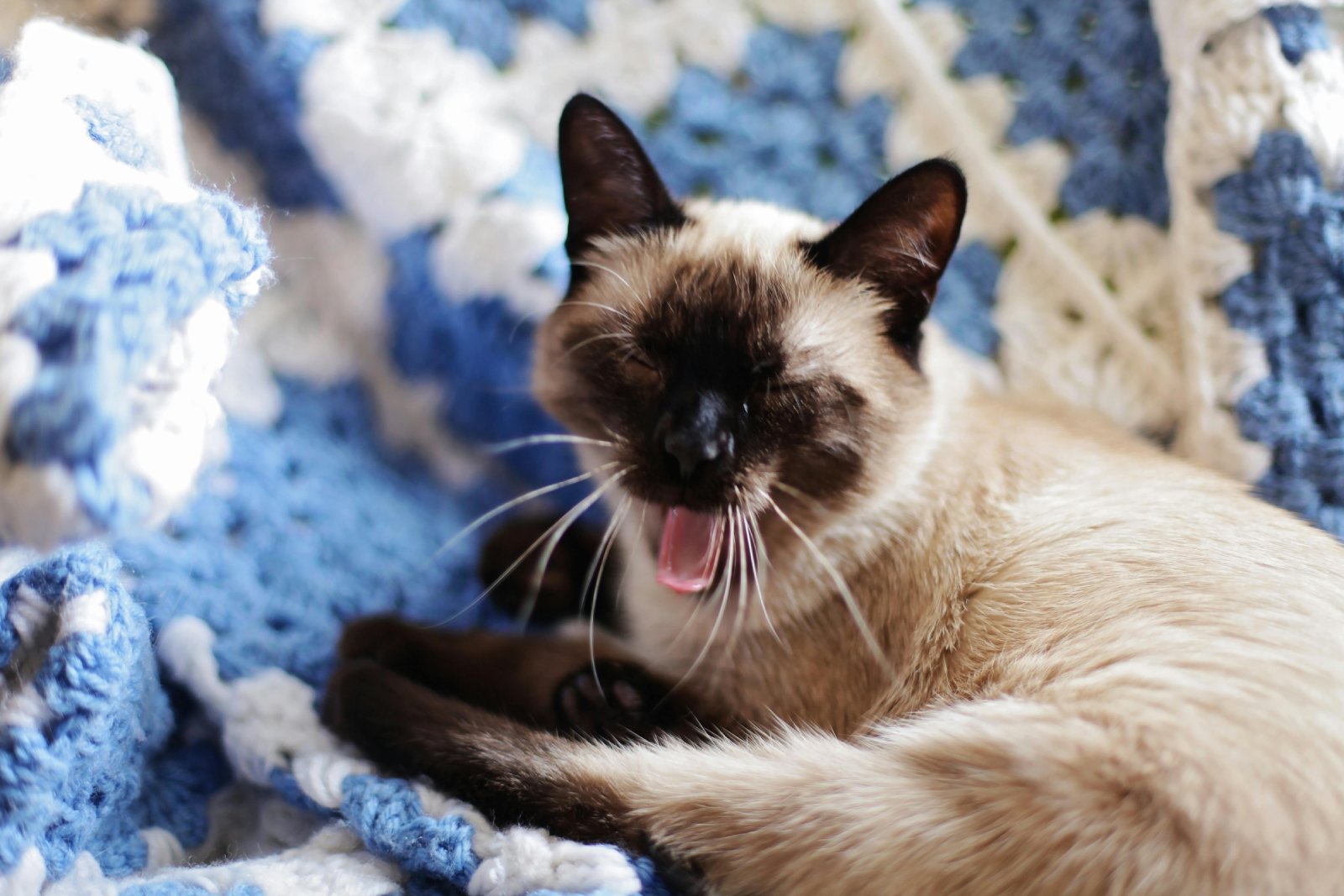
Increased meowing, yowling, or other vocalizations can indicate stress. Pay attention if your normally quiet cat becomes unusually noisy.
6. Litter Box Issues
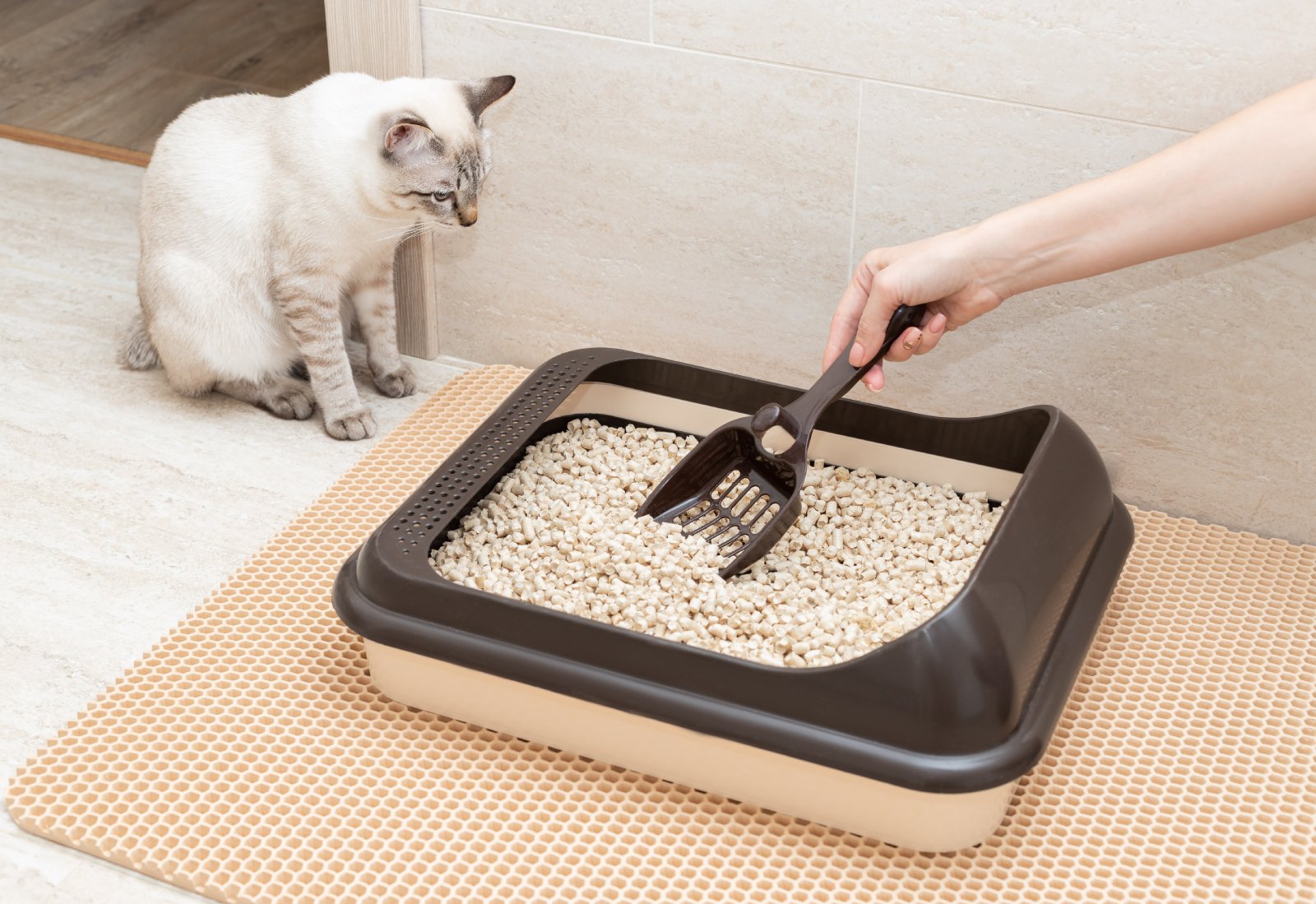
Stress can lead to inappropriate elimination, such as urinating or defecating outside the litter box. This is a common sign of anxiety in cats.
7. Changes in Sleeping Patterns
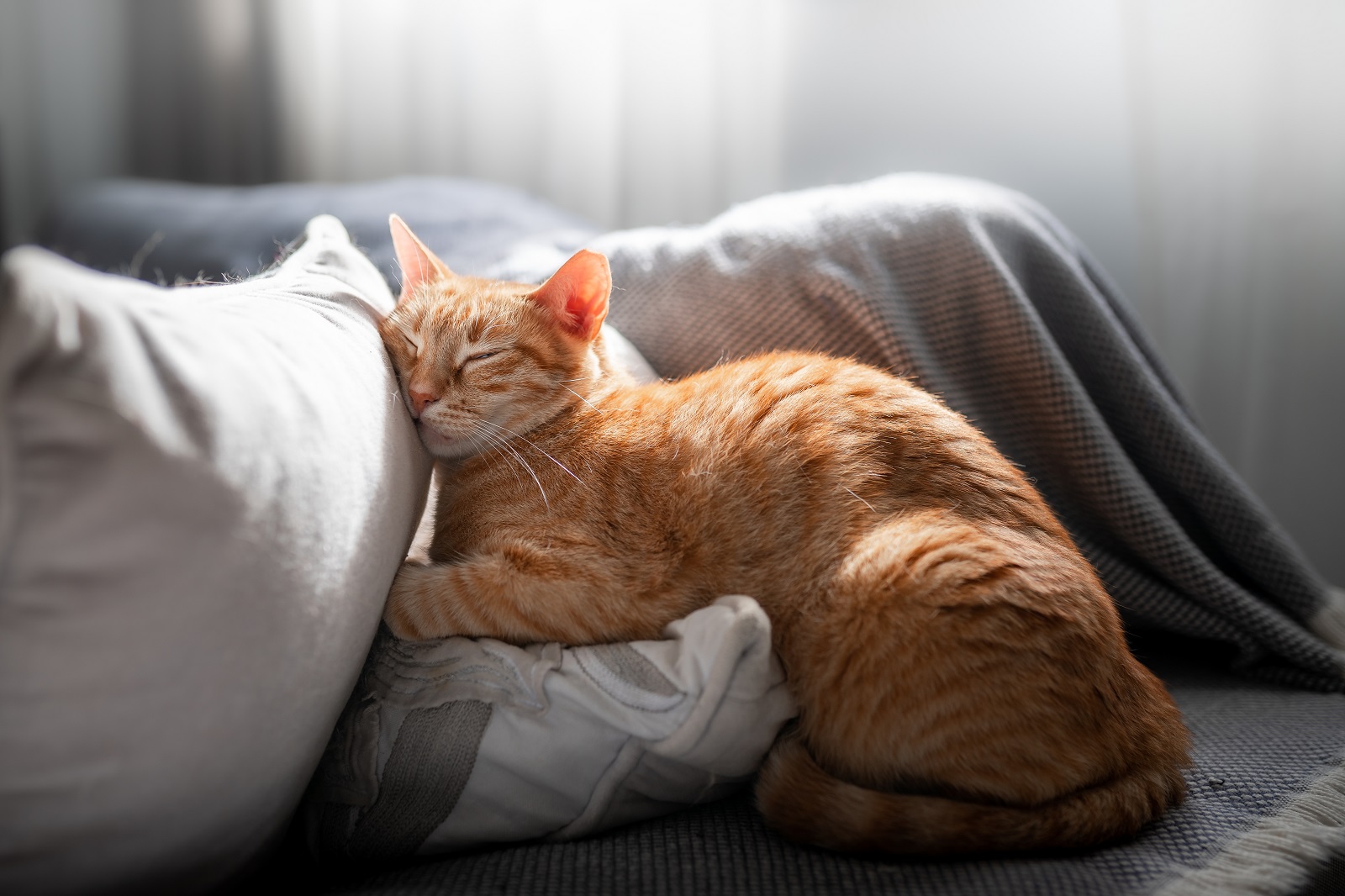
If your cat is sleeping much more or less than usual, stress could be the cause. Cats are creatures of habit, and changes in sleep can signal distress.
8. Decreased Interest in Play
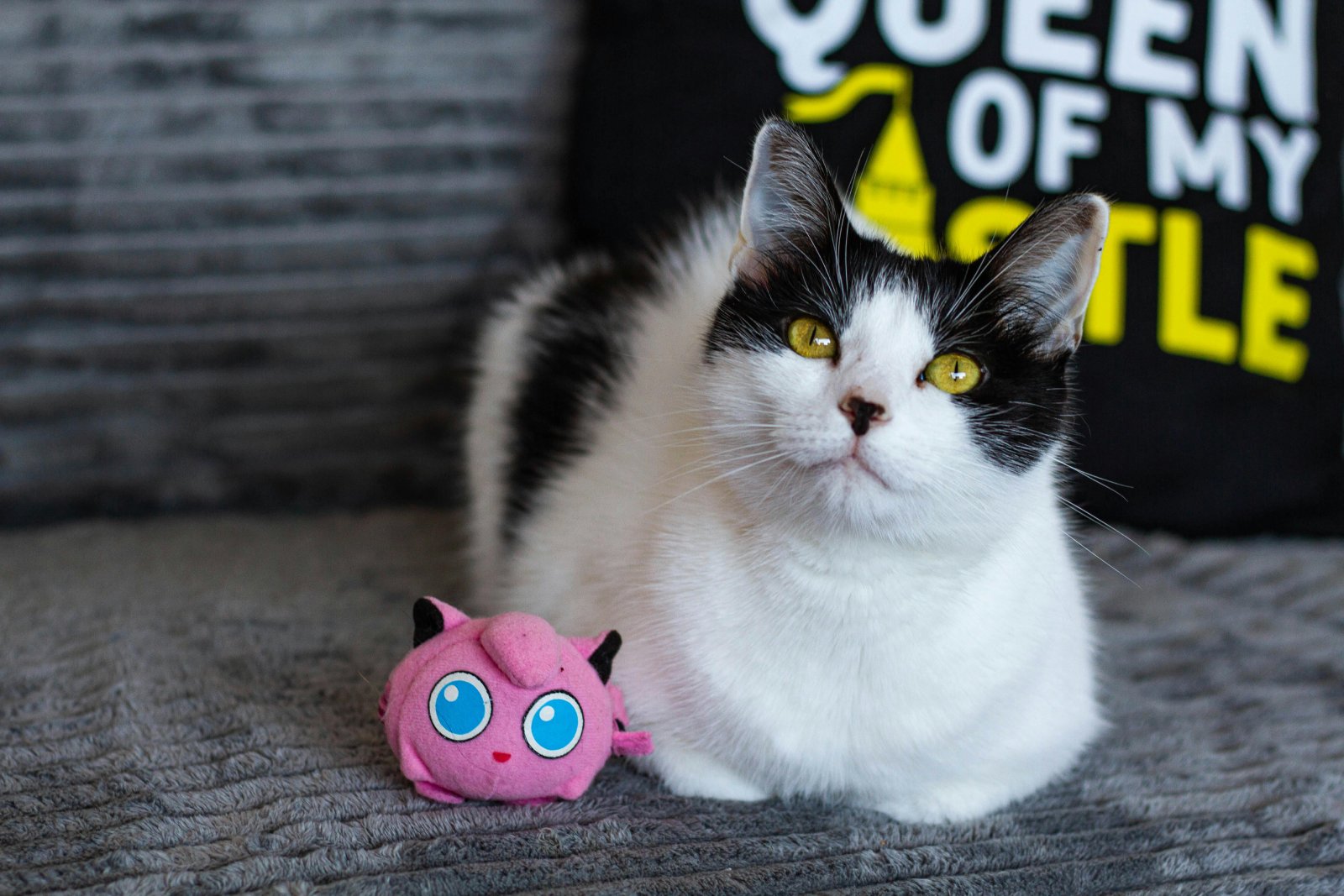
A stressed cat may lose interest in toys and activities they once enjoyed. This lack of engagement is a significant indicator of their emotional state.
9. Scratching Furniture More Often
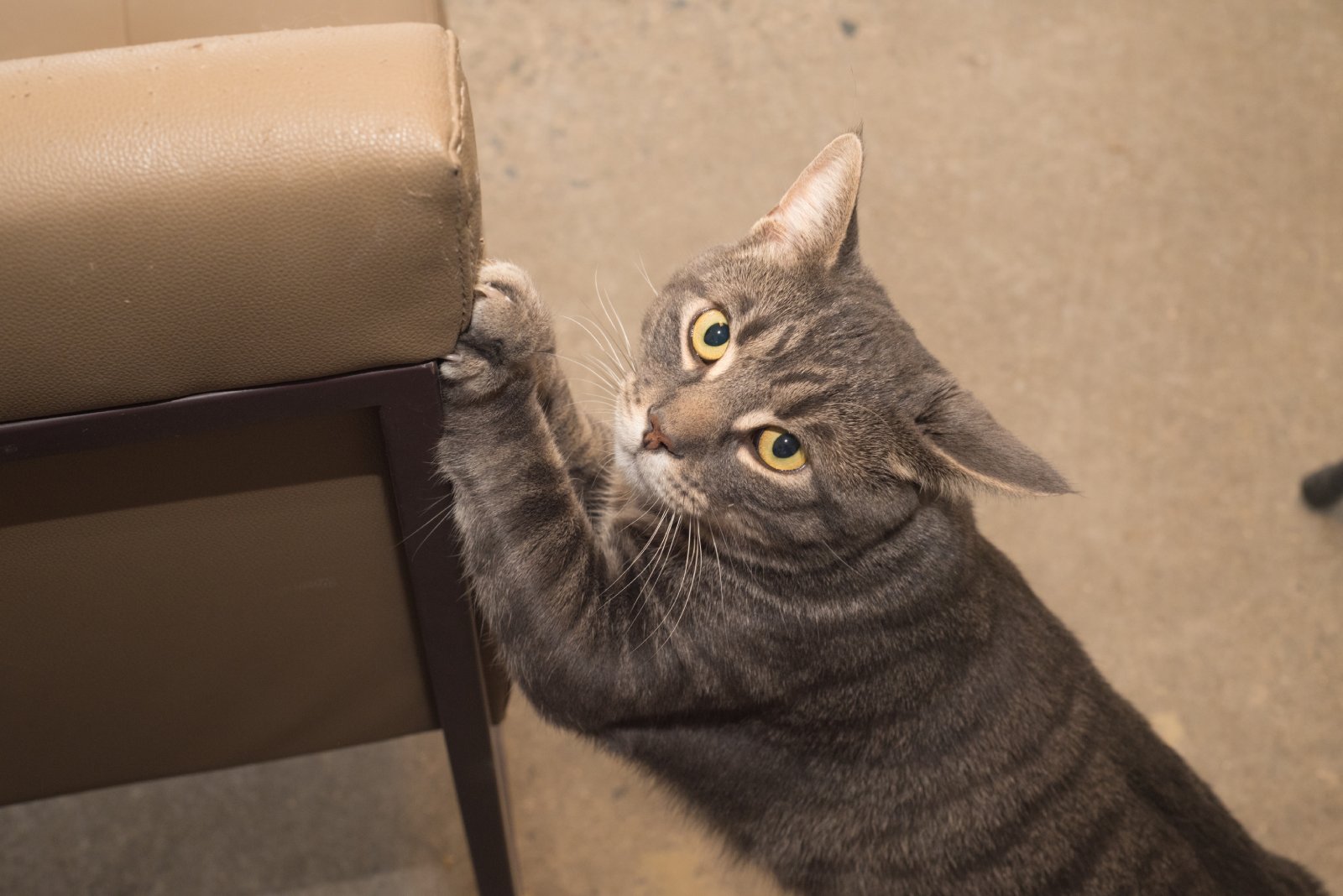
Increased scratching can be a sign of stress as your cat tries to mark their territory and feel more secure. This behavior often indicates anxiety.
10. Excessive Shedding
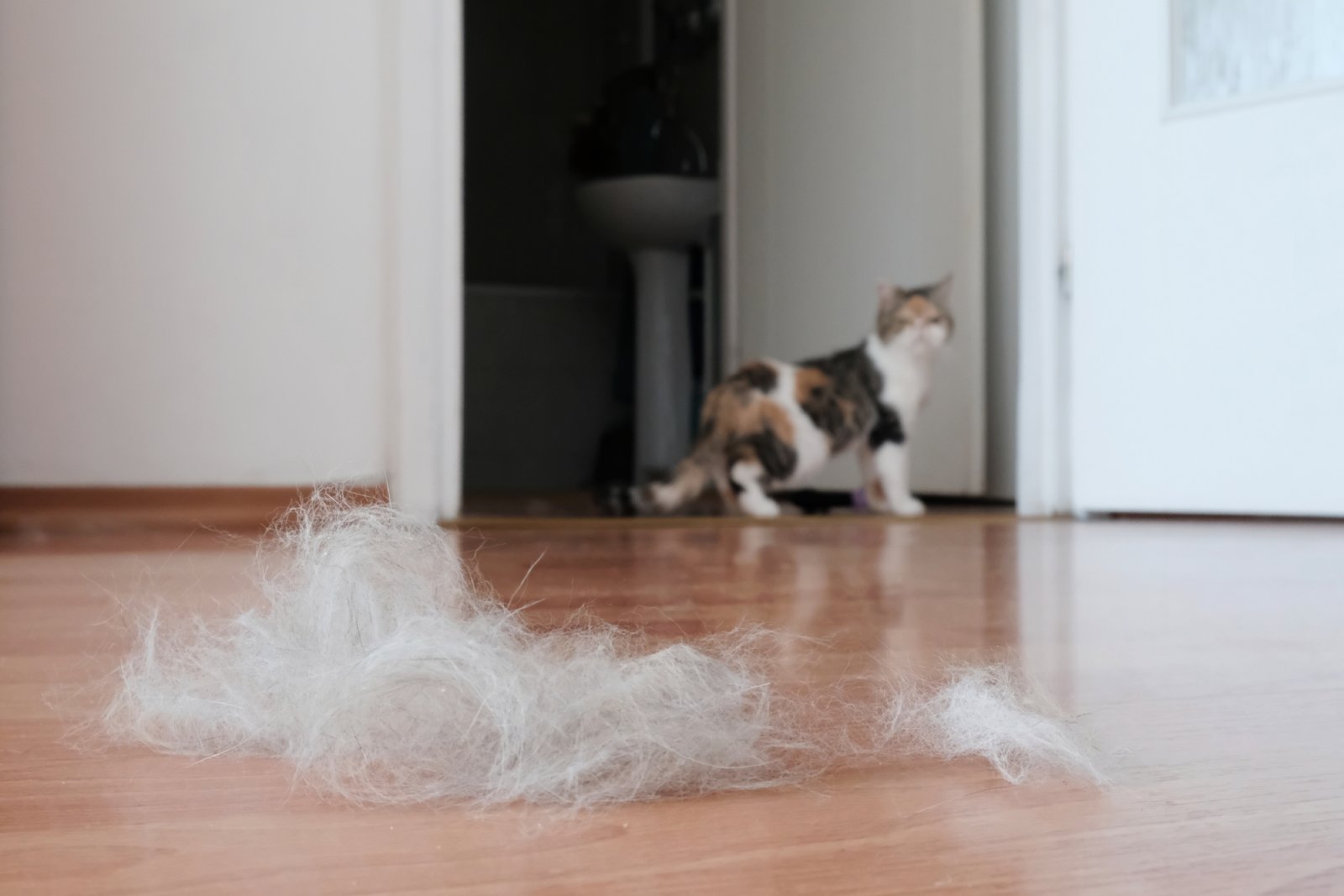
Stress can cause your cat to shed more than normal. If you notice an uptick in fur around your home, it might be due to your cat’s anxiety.
11. Dilated Pupils
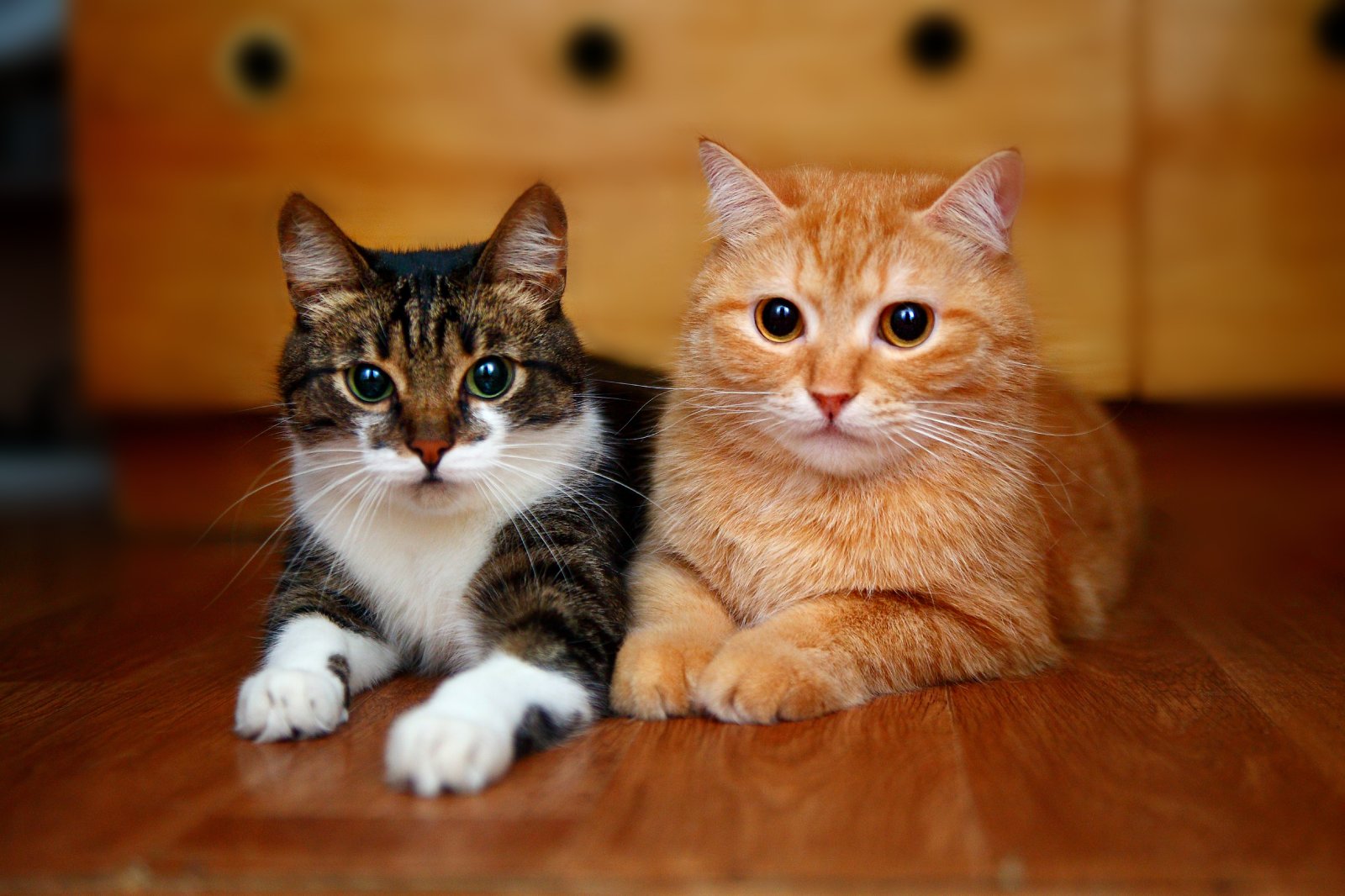
Wide, dilated pupils can be a physical sign of stress or fear in cats. If you see this along with other symptoms, it’s time to investigate further.
12. Pacing or Restlessness
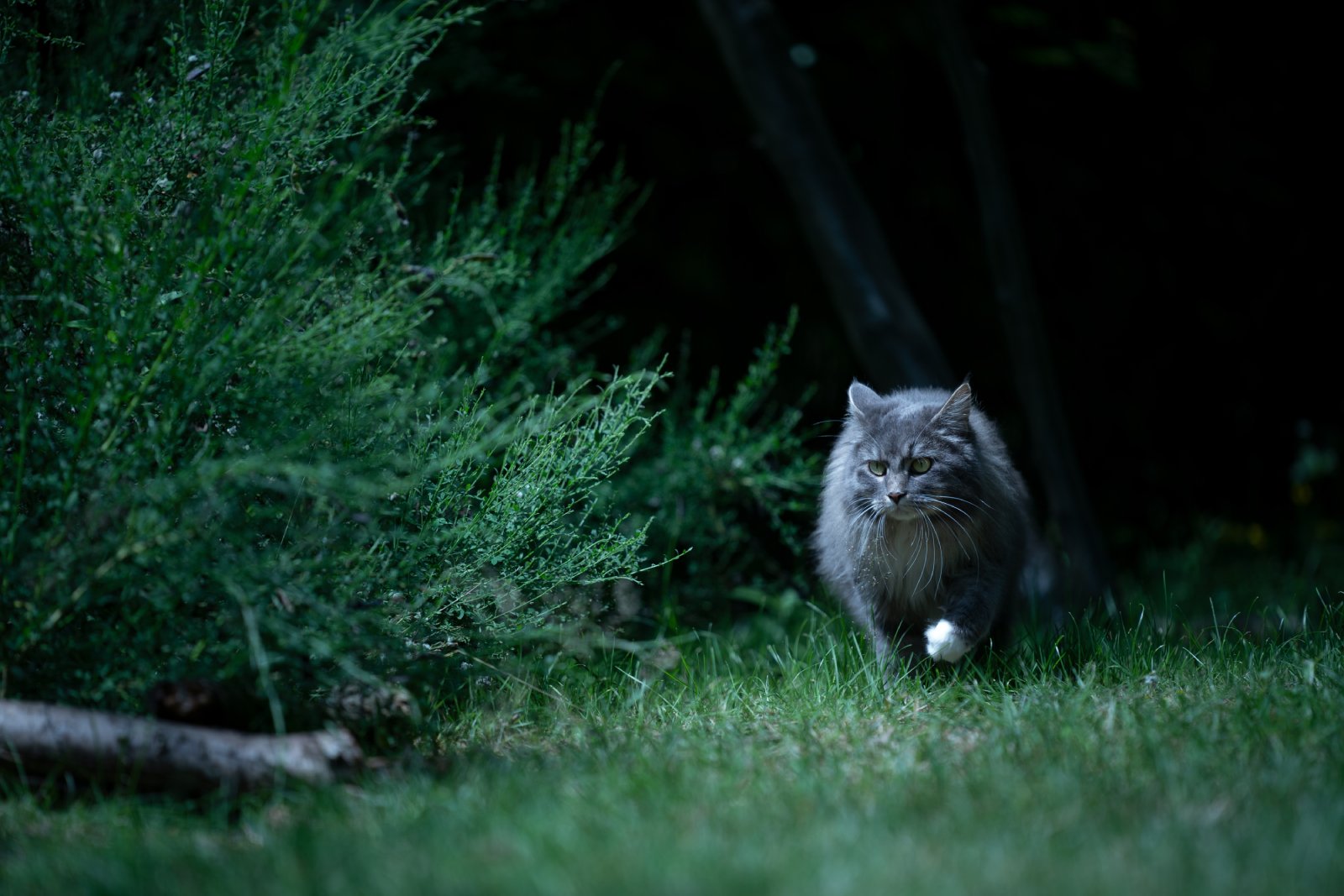
A stressed cat may pace around the house or seem unable to settle. This restlessness is often a sign of underlying anxiety.
Don’t Let Stress Go Unnoticed
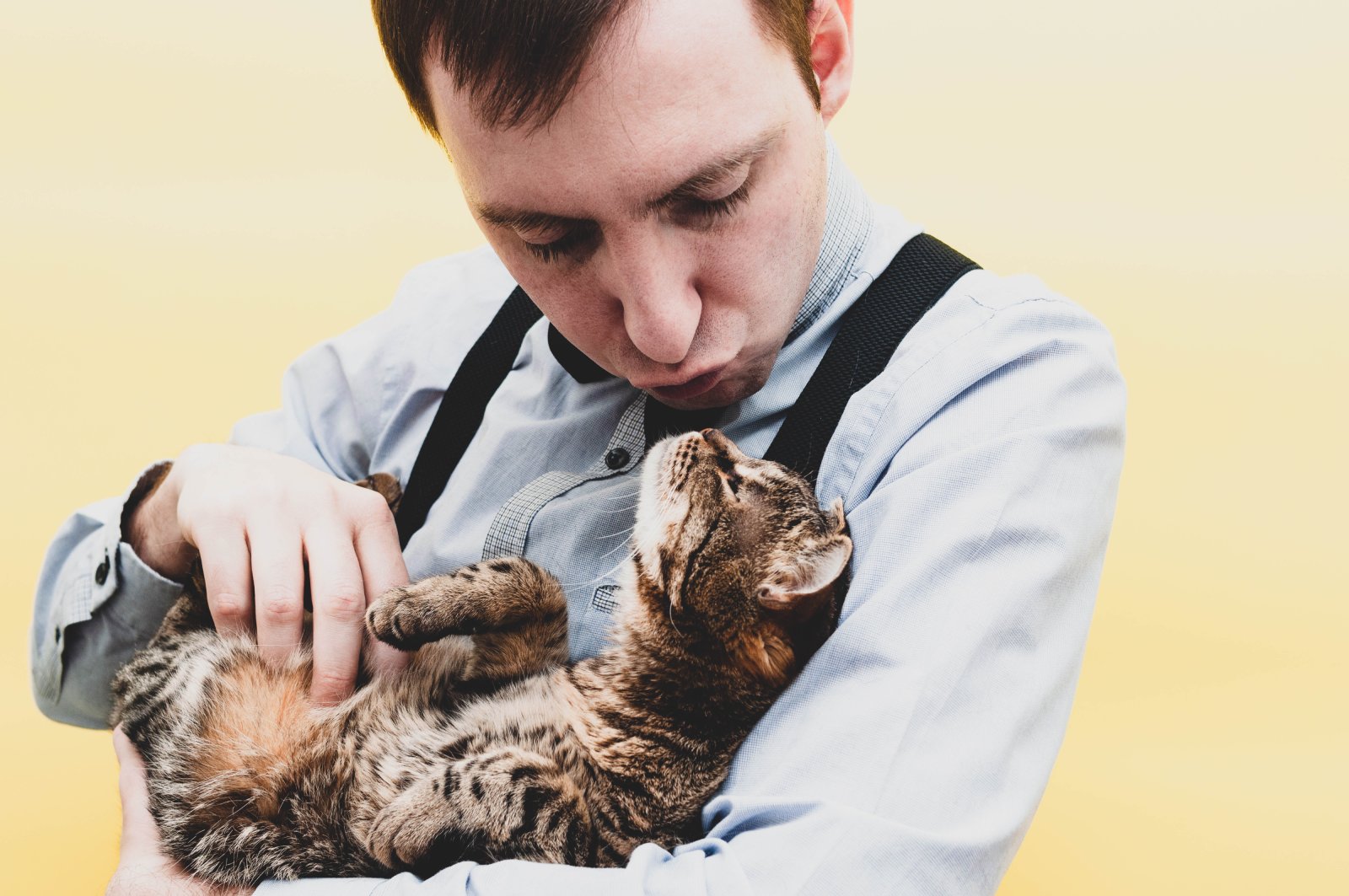
Your cat’s well-being depends on you noticing these signs. By recognizing and addressing their stress, you can help ensure they lead a happy and healthy life. It’s time to pay closer attention and take action for their sake.
Featured Image Credit: Shutterstock / savitskaya iryna.
For transparency, this content was partly developed with AI assistance and carefully curated by an experienced editor to be informative and ensure accuracy.

